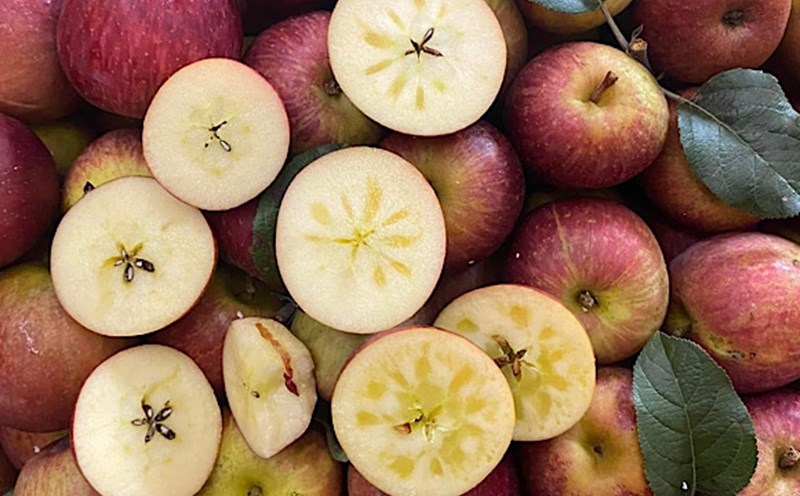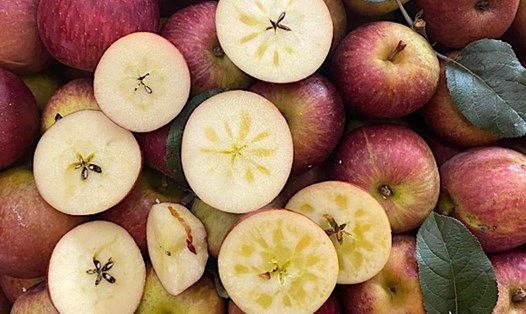Fiber is an important component of the diet, helping to maintain intestinal health and prevent many digestive problems. However, not all types of fiber are the same, and the right choice depends on each person's health needs.
Soluble fiber and its effects on diarrhea
Soluble fiber has the ability to absorb water, form a gel layer in the intestines, helping to reduce the frequency of bowel movements and improve stool thickness, says Jamie Johnson, RDN, a nutritionist at Columbia University, USA.
Foods rich in soluble fiber include beans of all kinds, Brussels sprouts, cooked oats, apricots, mangoes, oranges, flaxseeds and Pumpernickel bread. This type of fiber is especially useful for people with diarrhea or loose stools, as it slows down the movement of food in the intestines, helping to stabilize the intestines.
Insoluble fiber and its role in constipation
In contrast, insoluble fiber is insoluble in water and retains its shape as it passes through the digestive system. This helps increase stool volume, promote bowel movements and reduce constipation.
Foods rich in insoluble fiber include bananas, barley, apples and pear, peas, okra, raspberries, sweet potatoes and whole wheat pasta. For people who often suffer from constipation, taking in insoluble fiber is a natural way to stimulate regular bowel movements, explains Johnson.
Tips for safely increasing fiber
When you want to supplement fiber, you should increase it slowly, about a serving per day for a week, to adapt your body. Increasing too quickly can cause bloating, cramps, flatulence or diarrhea. Drinking enough water is also very important, helping fiber work effectively and avoiding unpleasant symptoms.
Combining both types of fiber in your daily diet has overall benefits for digestive health: soluble fiber helps stabilize stools, while insoluble fiber promotes bowel movements. By choosing the right foods and gradually increasing your fiber intake, you can improve your gut health, effectively prevent constipation and diarrhea.










